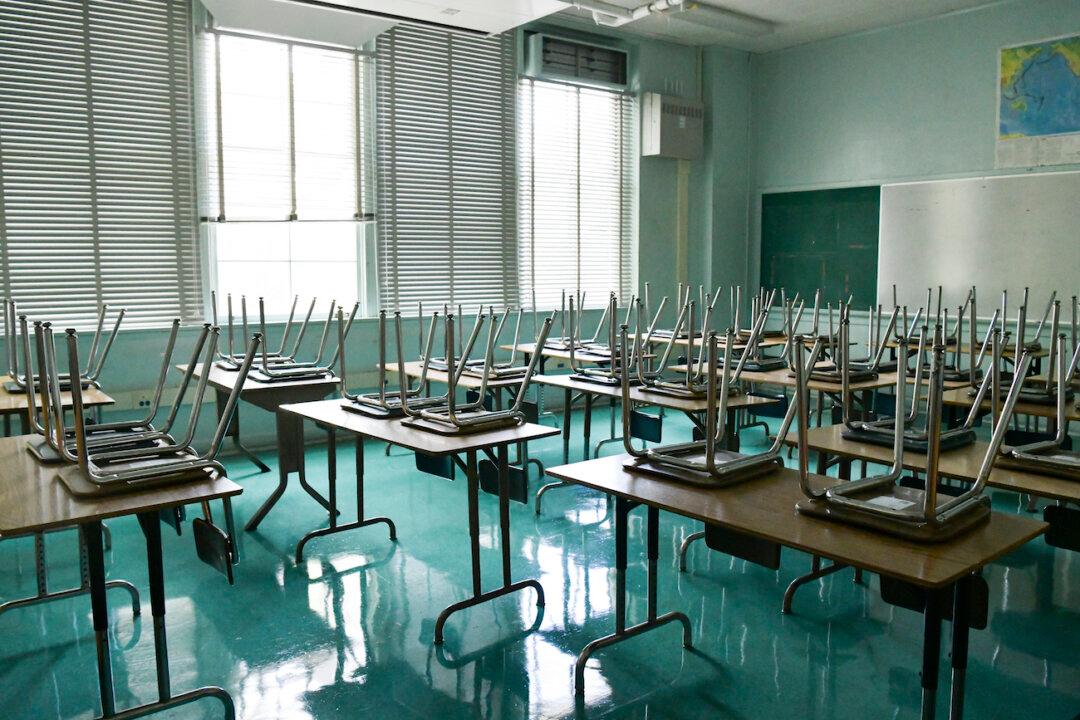According to data from the Illinois State Board of Education, not a single student in 53 schools in Illinois can do math at grade level, and in 30 schools, not a single student can read at grade level.
These schools, located throughout the state, are under the purview of the Illinois Public School system and many are rated “commendable” by the state, according to a Wirepoints report.





